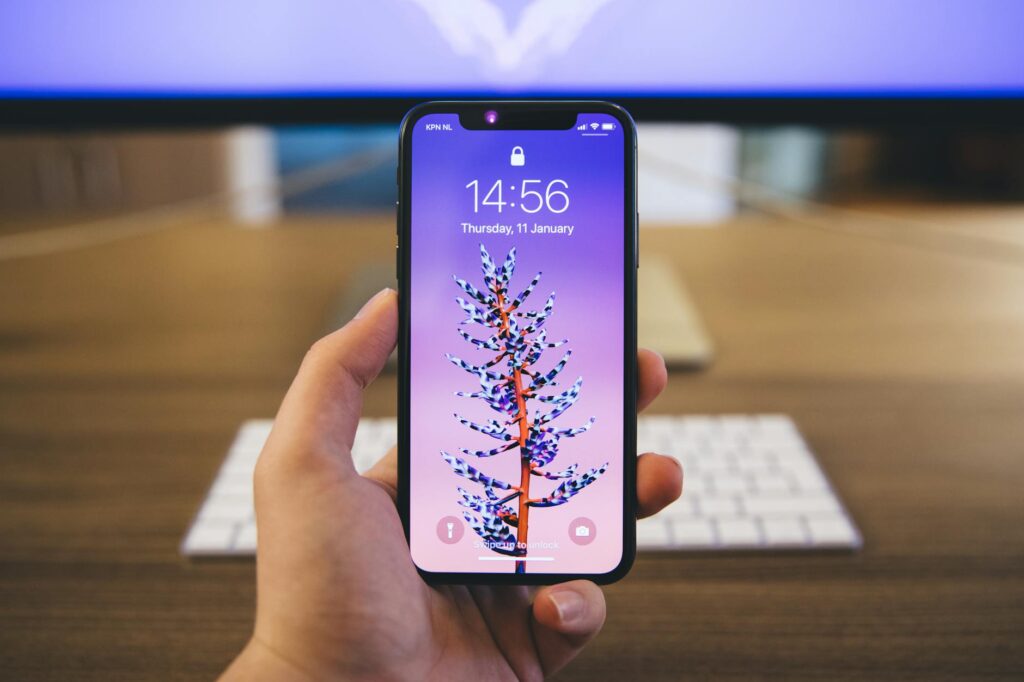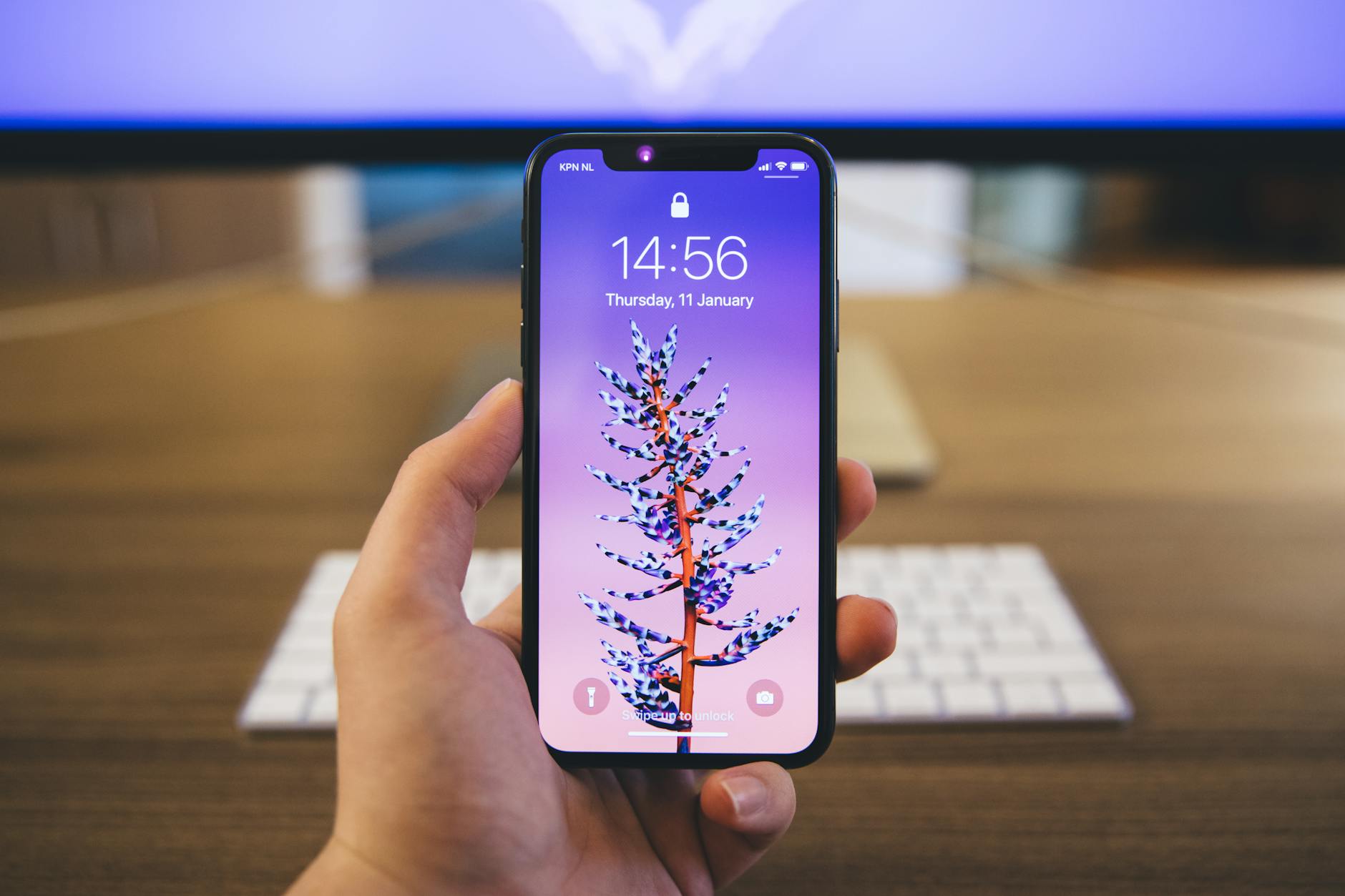What is daily screen limits?

What is daily screen limits?
In today’s digital world, managing screen time has become more crucial than ever. As we increasingly rely on devices for work, socializing, and entertainment, it’s easy to lose track of how much time we spend glued to screens. This is where daily screen limits come into play. Setting boundaries on screen usage isn’t just about reducing time spent online; it’s about enhancing productivity and improving overall well-being. By understanding and implementing daily screen limits, we can find a healthier balance in our digital consumption.
Understanding Daily Screen Limits
Daily screen limits are guidelines that help individuals manage their time spent in front of screens. These limits can apply to various activities, such as social media, streaming services, gaming, and work-related tasks. The essence of these limits is to encourage mindful usage of technology and prioritize offline interactions and activities.
What Are Daily Screen Limits?
Daily screen limits refer to the maximum amount of time one should spend on screens each day. These limits can be enforced through device settings, apps, or personal discipline. For example, many smartphones offer built-in features that allow users to monitor and restrict their screen time. By setting these limits, you can create a healthier relationship with technology. Some platforms even provide insights into your usage patterns, offering suggestions for improvement.
Why Set Daily Screen Limits?
Implementing daily screen limits can be beneficial for several reasons:
- Health Implications: Extended screen time is linked to various health issues, including eye strain, poor posture, and sleep disturbances. By managing screen time, you can mitigate these risks.
- Productivity Enhancement: Too much time on screens can lead to distractions and decreased productivity. Setting limits encourages focused work sessions and minimizes procrastination.
- Reducing Digital Fatigue: Constant exposure to screens can lead to digital fatigue, characterized by feelings of burnout and stress. Daily screen limits help rejuvenate your mental state by promoting breaks and offline activities.
Benefits of Implementing Daily Screen Limits
Establishing daily screen limits has numerous positive effects on various aspects of our lives.
Improved Focus and Productivity
Limiting screen time can significantly boost your focus and productivity. When you reduce distractions from social media notifications and endless browsing, you can devote more attention to your tasks. This focused approach can enhance your efficiency and lead to better outcomes. Imagine how much more you could achieve in your day if you channeled that time into meaningful work!
Enhanced Work-Life Balance
Daily screen limits foster a healthier work-life balance. By encouraging offline activities, you can reconnect with hobbies, exercise, and spend quality time with family and friends. Taking breaks from screens also allows your mind to recharge, ensuring you return to your tasks with renewed energy. It’s about creating a lifestyle where technology serves you rather than controls you.
Positive Impact on Mental Health
Reducing screen time can have a profound impact on your mental health. Studies suggest that limiting exposure to social media can decrease feelings of anxiety and depression. Engaging in physical activities or face-to-face interactions can boost your mood and overall happiness. It’s essential to prioritize mental well-being, especially in a world that often glorifies excessive screen usage.
How to Set Daily Screen Limits
Setting effective daily screen limits doesn’t have to be overwhelming. Here are practical tips to get started.
Identify Your Screen Time Habits
The first step is to track your current screen time. Use apps or built-in features on your devices to monitor how much time you spend on various activities. This data helps you identify patterns and understand where you may need to cut back. Are you surprised by how much time you spend scrolling on social media? This awareness is crucial in making informed adjustments.
Choose Realistic Screen Time Goals
Once you have a clear picture of your screen time habits, it’s time to set achievable goals. Consider your lifestyle and responsibilities when deciding on your daily limits. For instance, if you’re used to spending five hours a day on screens, a sudden drop to one hour may be unrealistic. Instead, aim for gradual reductions, allowing you to adapt more comfortably.
Utilize Tools and Apps
Take advantage of technology to manage your screen time effectively. Various apps can help enforce daily limits by locking you out of specific applications after a set amount of time. Tools like Forest and Moment can help you stay accountable and focused on your goals. These resources can be your allies in cultivating healthier habits.
Challenges of Daily Screen Limits
While setting daily screen limits is beneficial, it’s essential to acknowledge potential challenges.
Digital Dependency and Habits
Many of us have developed habits around technology use. Breaking these routines can be tough, especially when devices are a primary source of entertainment and connection. Recognizing this dependency is the first step toward overcoming it. Reflect on the reasons behind your screen time – are you bored, stressed, or seeking social interaction? Understanding these triggers can help you find healthier alternatives.
Overcoming Resistance to Change
Change can be uncomfortable. You might feel a sense of unease when considering daily screen limits, as it may disrupt your established routines. To combat this, start small. Implement short breaks throughout your day or designate specific screen-free zones in your home. Gradually increase these practices, allowing yourself to adjust to the new norm without feeling overwhelmed.
Conclusion and Call to Action
Daily screen limits serve as a valuable tool in managing our technology consumption. By setting boundaries, we can enhance our focus, improve our mental health, and cultivate a healthier work-life balance. I encourage you to take action today by assessing your current screen time and implementing steps to reduce it. Remember, the goal is not to eliminate screens entirely but to use them in a way that benefits your life. Embrace the challenge and enjoy the rewards of a more balanced lifestyle!

Photo by Rob Eradus